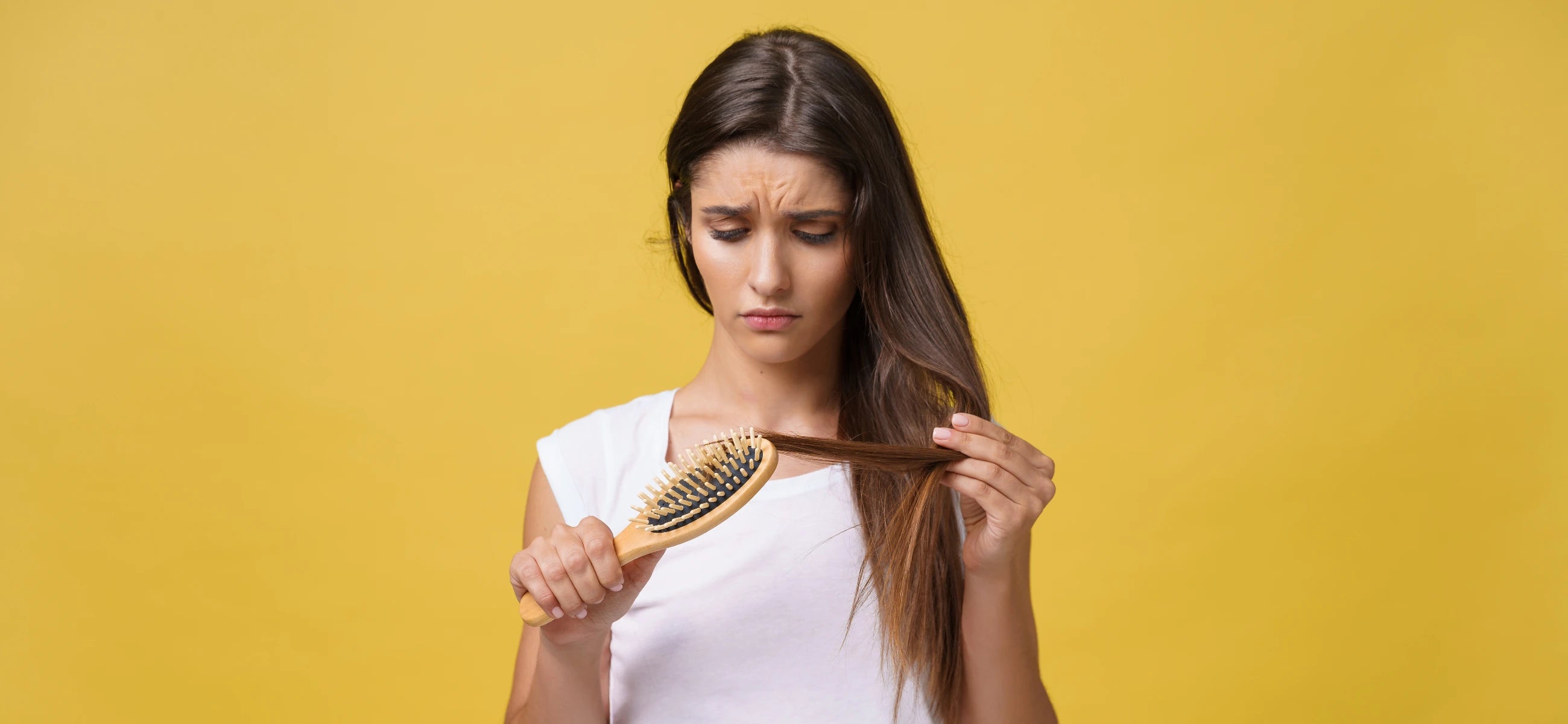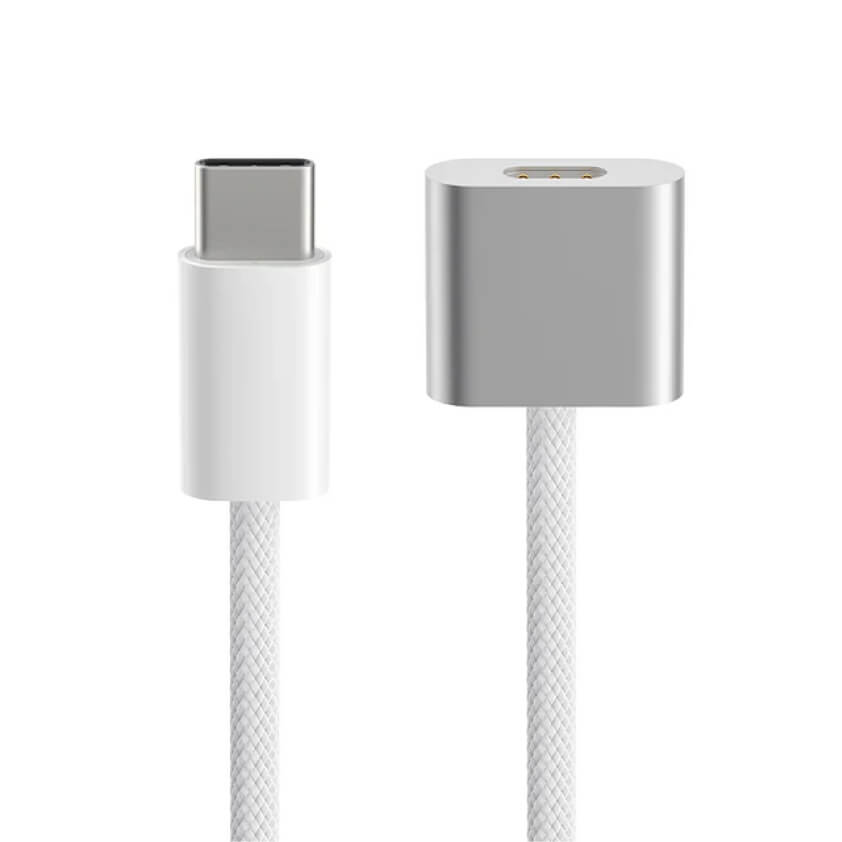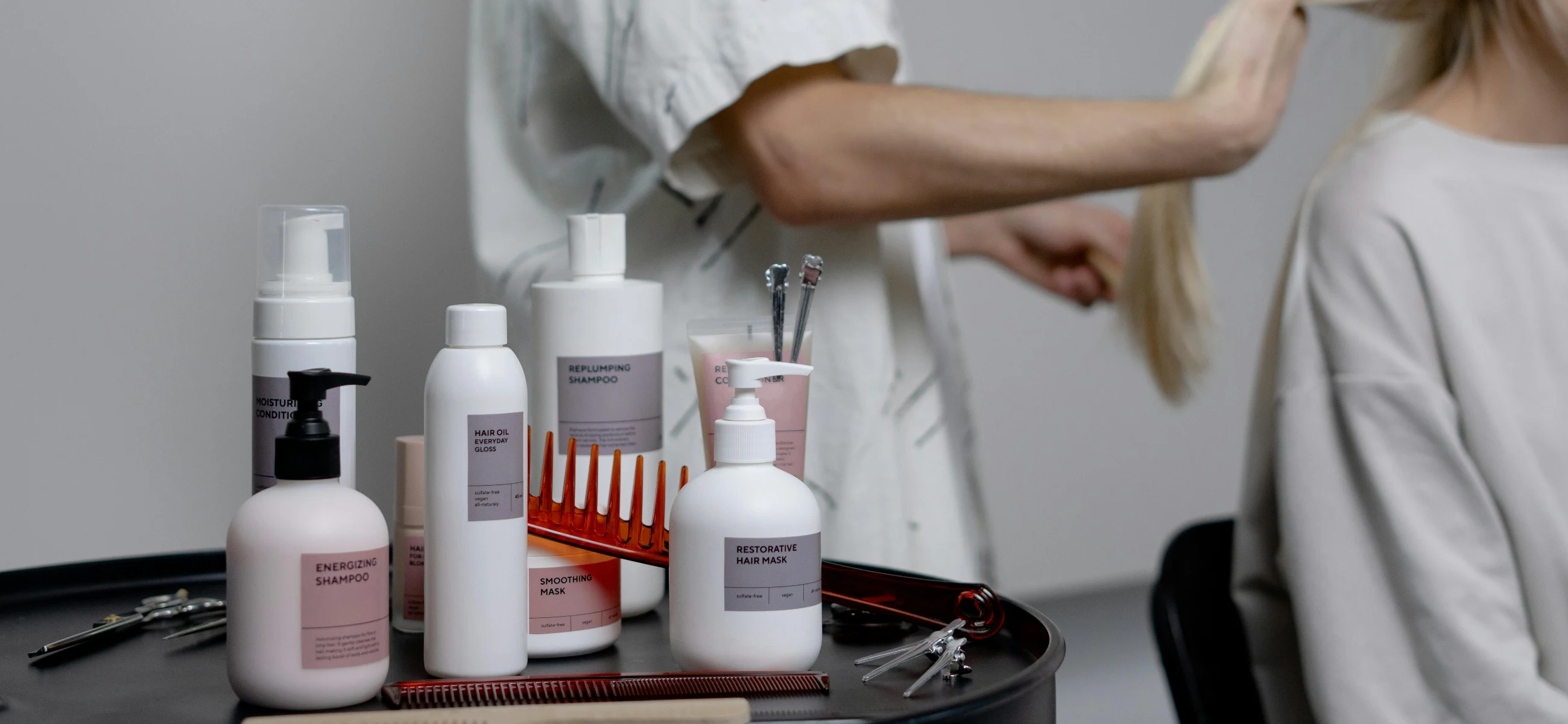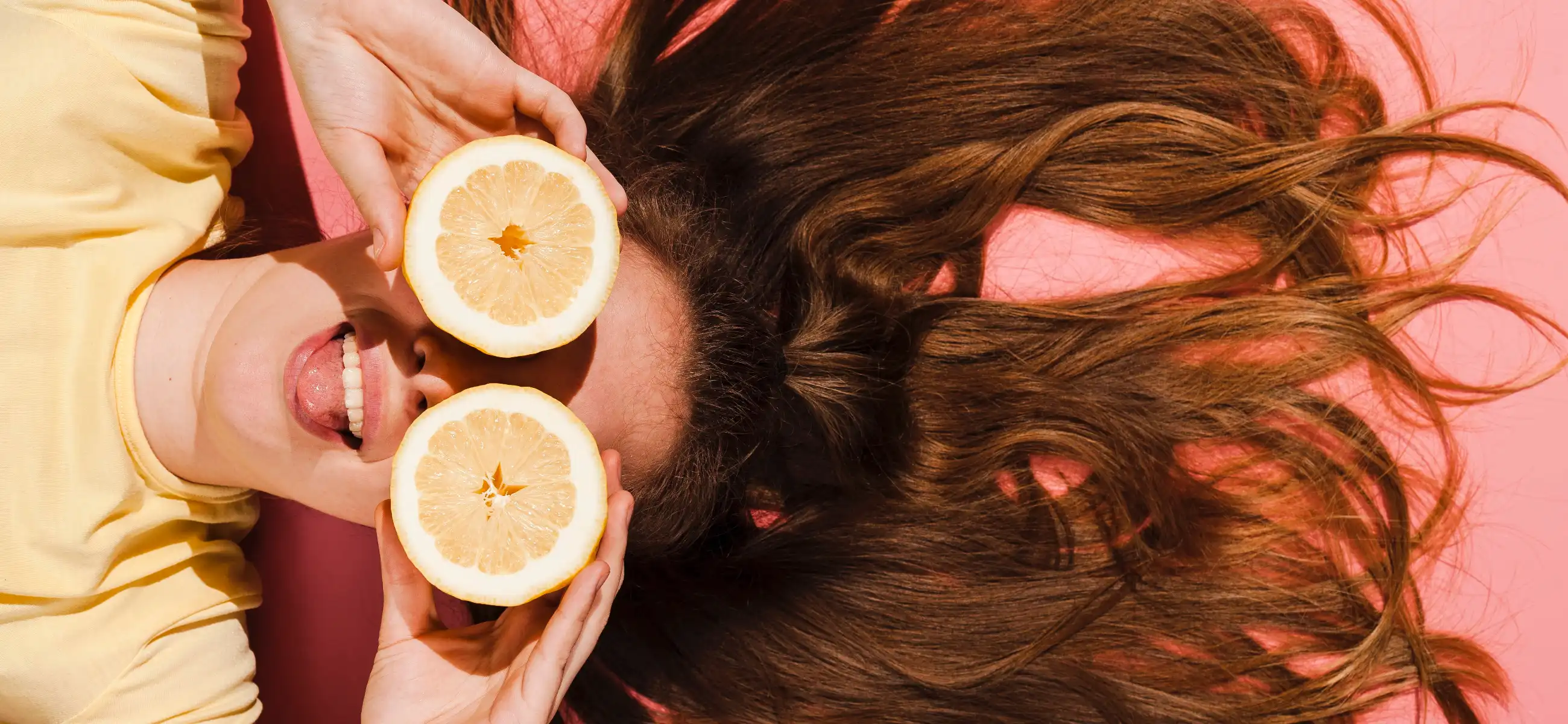
In this article
A dry scalp can indeed contribute to hair loss by weakening hair follicles and impeding healthy hair growth. Dryness may cause itching and irritation, leading to excessive scratching and further damage. Other factors like hormonal imbalances, nutritional deficiencies, and stress can exacerbate hair loss.
Addressing hair loss is crucial as it can impact self-esteem and overall well-being. Seeking professional advice and adopting a comprehensive hair care regimen, including moisturizing the scalp and nourishing hair follicles, is essential to mitigate hair loss and promote healthier, fuller hair growth.
Is dry scalp one of the reasons for hair loss?
Stats and research
According to a study published in the International Journal of Dermatology, dry scalp conditions such as dandruff and seborrheic dermatitis can contribute to hair loss. Research suggests that the excessive shedding associated with these conditions can lead to a decrease in hair density over time.
User examples
Many individuals have reported experiencing hair loss due to dry scalp conditions. For example, Sarah, 35, shared her experience of dealing with dandruff-induced hair loss: "I noticed a significant increase in hair shedding when my scalp became dry and itchy. It was alarming, and I knew I had to address the issue promptly."
Similarly, John, 28, recounted his struggle with seborrheic dermatitis: "My scalp was constantly dry and flaky, and I began noticing patches of thinning hair. It was distressing to see my hair becoming sparse, and I sought treatment to alleviate the condition."
Importance of addressing hair loss
Hair loss can have significant emotional and psychological impacts on individuals. It can lead to decreased self-confidence, social withdrawal, and even depression. Moreover, hair loss may signal underlying health issues that require attention.
Seeking professional advice and adopting a comprehensive hair care regimen is crucial for addressing hair loss caused by dry scalp conditions. This may include using medicated shampoos, moisturizing the scalp regularly, and maintaining a healthy diet to support hair growth. By addressing dry scalp issues and promoting scalp health, individuals can minimize hair loss and maintain healthy, full-looking hair.
What are 4 causes of dry scalp?
Know about men's dry scalp here.
1. Environmental factors
Exposure to harsh weather conditions, such as cold temperatures or low humidity, can strip the scalp of its natural oils, leading to dryness and flakiness.
2. Overwashing
Washing the hair too frequently or using harsh shampoos can disrupt the scalp's natural oil production, resulting in dryness and irritation.
3. Skin conditions
Conditions such as seborrheic dermatitis, eczema, and psoriasis can cause dry scalp symptoms due to inflammation and increased shedding of skin cells.
4. Poor diet
Nutritional deficiencies, particularly in vitamins A, D, and E, as well as essential fatty acids, can contribute to dry scalp by impairing the skin's ability to retain moisture.
What are 4 causes of hair loss?
https://www.laifentech.com/blogs/news/hair-loss-in-women
1. Genetics (Androgenetic alopecia)
Also known as male-pattern or female-pattern baldness, this hereditary condition leads to progressive hair thinning and eventual hair loss. It is the most common cause of hair loss and affects both men and women.
2. Hormonal changes
Hormonal imbalances due to factors such as pregnancy, childbirth, menopause, or thyroid disorders can disrupt the hair growth cycle and lead to temporary or permanent hair loss.
3. Medical conditions
Certain medical conditions and treatments, such as alopecia areata (an autoimmune disorder), scalp infections, and chemotherapy, can cause hair loss as a side effect.
4. Stress and trauma
Physical or emotional stress, as well as traumatic events such as surgery, illness, or sudden weight loss, can trigger a type of hair loss called telogen effluvium, where hair prematurely enters the resting phase of the hair growth cycle and sheds excessively.
What clears dry scalp?
Clearing dry scalp requires a multifaceted approach that targets both the symptoms and underlying causes.
Firstly, opting for gentle, moisturizing shampoos and scalp treatments can help replenish lost moisture and soothe irritation. More than this, regular scalp massages with nourishing oils can stimulate blood flow and promote hydration.
It's essential to avoid certain practices that can exacerbate dryness, such as overwashing the hair, using hot water, or applying harsh styling products.
Never scratch or pick at the scalp, as this can lead to further irritation anddamage, worsening the dry scalp condition. Instead, opt for gentle cleansing and moisturizing techniques to achieve a healthier scalp.
Tips on regrowth your hair
-
Nutritious diet: Ensure your diet is rich in essential nutrients such as vitamins A, C, D, and E, as well as minerals like zinc, iron, and biotin. These nutrients are crucial for healthy hair growth.
-
Scalp massage: Regularly massage your scalp to stimulate blood flow and promote hair growth. Use gentle circular motions and apply a nourishing oil such as coconut oil or jojoba oil for added benefits.
-
Reduce stress: Chronic stress can contribute to hair loss, so prioritize stress-reducing activities such as meditation, yoga, or deep breathing exercises to promote hair regrowth.
-
Avoid tight hairstyles: Avoid tight hairstyles and hair treatments that pull on the hair follicles, as this can lead to hair breakage and inhibit regrowth.
-
Limit heat styling: Excessive heat styling can damage the hair shaft and inhibit hair regrowth. Limit the use of hot tools such as flat irons and curling wands, and always use a heat protectant spray before styling.
-
Regular trims: Schedule regular trims every 6-8 weeks to remove split ends and prevent further damage, allowing your hair to grow longer and healthier.
-
Stay hydrated: Drink plenty of water to keep your body and hair hydrated, promoting overall hair health and growth.
-
Consult a professional: If you're experiencing significant hair loss or slow regrowth, consider consulting a dermatologist or hair specialist for personalized advice and treatment options.
Take care of your hair!
Use moisturizing products and avoid overwashing to prevent dry scalp. It's advised to incorporate scalp massages and nourishing treatments to promote hydration and stimulate hair growth. Also, you can prioritize a balanced diet and stress management for overall hair health and vitality.

























